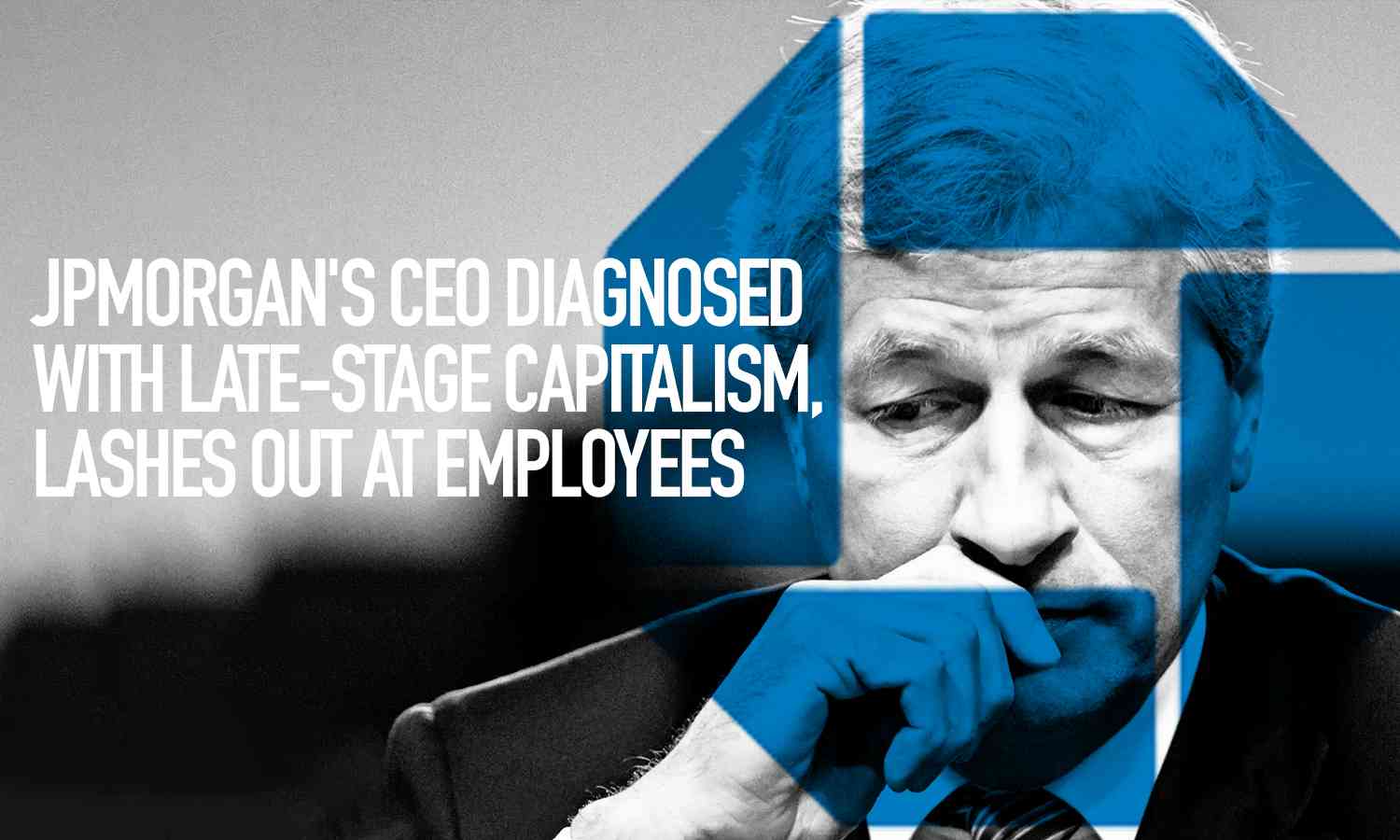Is Jamie Dimon’s Outdated Stance on Remote Work a Step Backwards?
JPMorgan Chase CEO Jamie Dimon recently dismissed employee petitions calling for flexible working arrangements, bluntly stating, “Don’t waste time on it. I don’t care how many people sign that ******* petition.” Such a response is not only dismissive but also indicative of an outdated managerial mindset that fails to recognise the changing nature of work in the modern world.

Self-serving CEO ignores data that doesn't serve his purpose
Since the COVID-19 pandemic, remote work has become a proven and effective alternative to traditional office-based jobs. Countless studies have demonstrated that employees working from home are often more productive than their office-based counterparts. A study conducted by the University of Chicago Booth School of Business found that nearly 60% of workers reported being more productive at home than they had expected, compared to just 14% who felt they got less done. This evidence directly contradicts the notion that employees need to be physically present in an office to be efficient. Research from Business News Daily reveals that 79% of managers believe their teams perform better when working remotely or following a hybrid model. These figures highlight an important reality—modern work does not need to be confined to an office to be effective. Employees thrive when given the flexibility to manage their own schedules, reducing commuting stress and allowing for a better work-life balance.
Despite overwhelming evidence supporting remote work, Dimon insists on dragging his workforce back to a rigid, outdated model. His stance reflects a mentality more suited to the industrial age, where managers needed to oversee workers in a factory setting. In today’s digital world, where communication tools and project management software allow seamless collaboration from anywhere, such an approach is not only unnecessary but also counterproductive. Forcing employees back to the office full-time disregards their well-being and professional autonomy. It also risks alienating talented individuals who prefer a flexible work arrangement. Many workers today value job satisfaction over simply earning a paycheque, and companies that refuse to adapt will struggle to retain their best employees.

Rather than clinging to outdated ideas, business leaders should embrace the reality that hybrid and remote work models are here to stay. Productivity is not measured by how many hours someone spends at their desk but by the quality and efficiency of their work. If companies truly want to foster innovation and long-term success, they must prioritise flexibility, trust, and employee well-being over outdated notions of workplace control. Jamie Dimon’s stance is not just wrong—it seems to be a step backwards. Instead of ignoring employee concerns, he and other business leaders should listen, adapt, and move forward into a future where work is measured by output, not physical presence.
© Copyright 2024. All Rights Reserved Powered by Vygr Media.
























